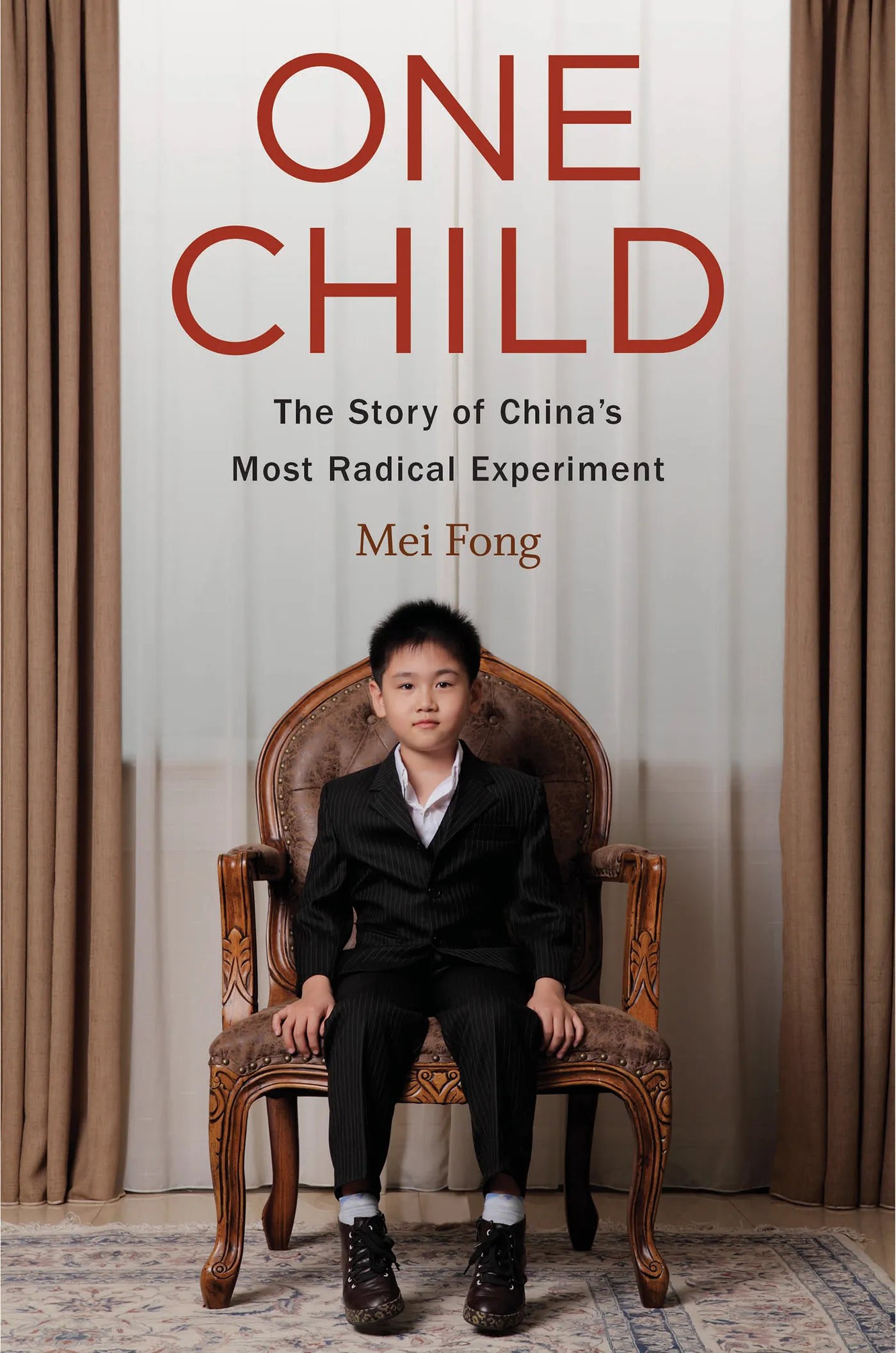
Another name associated with the Little Emperor generation—specifically male members of the tribe—is diaosi, a term for male genitalia that is slang for “loser.” The term is used by low-paid office drones who “take an ironic pride in their lack of prospects,” notes Wall Street Journal writer Josh Chin.
In fifteen years’ time, if you throw a stone anywhere outside of Beijing or Shanghai, statistically speaking, you will probably hit someone over sixty. Chances are high that person will be male, to boot. China’s one-child policy so tilted gender and age imbalances that in a little under a decade there will be more Chinese bachelors than Saudi Arabians, more Chinese retirees than Europeans.
For Americans, the car is the American way. Jay Gatsby roars through capitalism, individual freedom, and the good life. For China, the train is the metaphor. Everyone’s on board, there’s no chance to steer, and it’s clickety-clack to collectivism’s dream.
No matter happy or sad, Chinese ceremonies have a certain similarity. Fireworks explosions precede the birth of babies, weddings, New Year celebrations, and funerals. We exchange money when people are born and when people die. Red packets at birth become white packets at funerals. The same observances give some kind of comforting sameness to the rituals of birth and death, a sense of circularity, of coming home.
A multitude of mistranslated English signs that had been part of the city’s crooked charm disappeared, replaced by irreproachably boring and correct translations. “Dongda Anus and Intestine Hospital” became the uninspiring “Hospital of Proctology.” “Racist Park” transformed into “Park of Racial Minorities.” No longer would the handicapped be forced to seek “Deformed Man” toilet cubicles.
[…] I had begun to notice, over the course of many interviews, that those who do support the one-child policy tend, if they live outside China, to have more than one offspring.